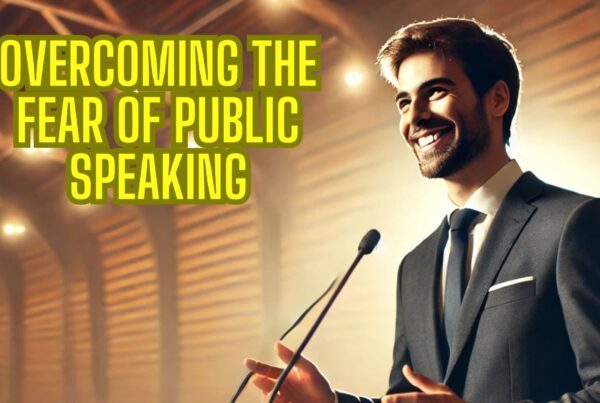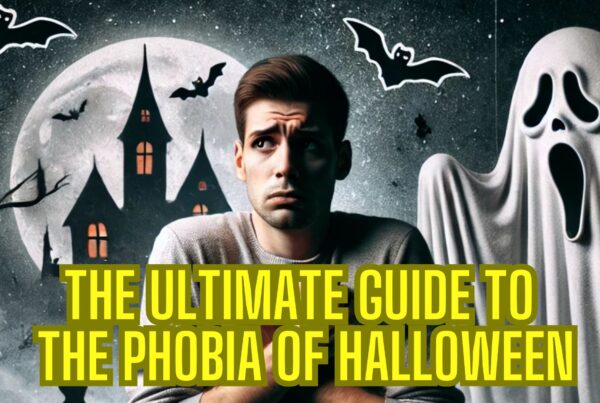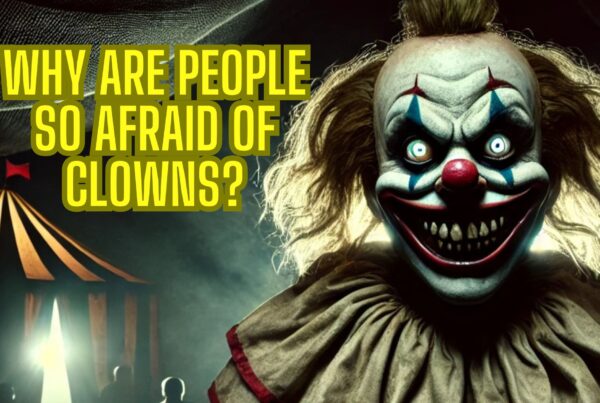Phobias: Why Halloween Is More Frightening For Some
Halloween, for many, symbolizes a time of costumes, trick-or-treating, and spooky tales. But for those grappling with “Halloween phobias”, this festive season can turn into a real nightmare. The chilling decorations and eerie ambiance, meant for fun, can evoke genuine fear in those with specific phobias.
Understanding Halloween Phobias
Take, for instance, a friend of mine. Her intense phobia of spiders makes her dread supermarket visits during Halloween. Once, she spotted a spider display, screamed, and dashed out. While this might seem extreme, many can relate to such experiences during Halloween. The season, with its emphasis on the supernatural and the macabre, can unintentionally heighten people’s anxieties. After all, Halloween celebrates the eerie and the terrifying, making it a potential trigger for many phobias.
Interestingly, some even fear Halloween itself, known as Samhainophobia. This term traces back to ‘Samhuin’, marking the transition from summer to winter by the Celts. Various factors, like religious beliefs or social anxiety, can trigger this phobia. Imagine having severe social anxiety and dealing with strangers at your door during Halloween! The very essence of Halloween, which revolves around confronting and celebrating our deepest fears, can be overwhelming for those already battling their own phobias.
Common Halloween Phobias
Halloween brings to the forefront various common phobias. These include Arachnophobia (spiders), Ophidiophobia (snakes), Necrophobia (death-related fears), and many more. From fearing masks, darkness, thunder, to even vegetables like pumpkins, the list is extensive. Each of these fears, while seemingly unrelated, finds a heightened representation during Halloween.
The decorations, movies, and stories during this season often revolve around these common fears. A person with Nyctophobia might find the emphasis on darkness and shadows during Halloween particularly challenging. Similarly, someone with Heamophobia might struggle with the frequent portrayal of blood in decorations and costumes. Halloween, in its essence, magnifies these common phobias, making it a challenging time for those affected.
Defining a Phobia
A phobia isn’t just a simple fear. It’s an intense, irrational fear that can trigger a fight or flight response. It’s more than just discomfort; it’s an anxiety disorder. For instance, even a mere image of a trigger, like a spider on a screen, can send some into a panic, making them react as if the threat is real. This intense reaction differentiates a phobia from a mere fear.
Understanding the depth of a phobia is crucial, especially during seasons like Halloween. While many enjoy the thrill of a scare, for those with Halloween phobias, the fear is real and often overwhelming. The decorations and themes, meant for entertainment, can become genuine sources of distress, making it essential to approach the topic with sensitivity.
Origins of Phobias
Tracing the root of a phobia can be straightforward for some, while elusive for others. Some might recall a traumatic event, like a dog bite, leading to a phobia. Others might struggle to pinpoint the cause. Sometimes, phobias develop from pairing unrelated events or from observing others’ fears. Genetics can also play a role, making some more susceptible to anxiety.
The origins of phobias are as diverse as the phobias themselves. While some can trace back their fear to a specific event, others might find their phobia more abstract, with no clear starting point. Understanding these origins, especially during triggering seasons like Halloween, can help in addressing and managing these fears more effectively.
How Hypnotherapy Treats Phobias
Hypnotherapy delves deep to address the root cause of a phobia. Various techniques, from regression to NLP, help alter one’s relationship with the triggering event. By revisiting and reinterpreting past traumas, hypnotherapy can change one’s reaction to the trigger. The goal is to transform the intense, irrational fear into a manageable emotion.
Hypnotherapists use a combination of techniques tailored to the individual’s needs. While regression might work for some, others might benefit more from NLP techniques. The emphasis is on understanding the individual’s experience and crafting a therapeutic approach that addresses their unique challenges. With the right guidance, many find relief from their phobias, even during challenging times like Halloween.
Release Hypnosis Melbourne Hypnotherapy
Since 2015, Lawrence Akers has been working under the name Release Hypnosis offering Hypnotherapy and ACT based work to the people of Melbourne or an online service. Based on St Kilda Rd, Release Hypnosis is an easy and convenient location to get to and accessible by the ANZAC station train and tram stop. Release Hypnosis can help with a wide range of presenting issues, and I offer a free 30 minute no obligation discovery call for those who are unsure if hypnotherapy is the right way forward for them.
Book Your FREE Half Hour Consultation With Release Hypnosis NOW!
You may also like to read:
When Fear Takes Over – A Look At Phobias
Release Hypnosis’s Lawrence Akers on JOY FM
Tips To Deal With Anxiety
Explainer: What Is Social Anxiety Disorder?








